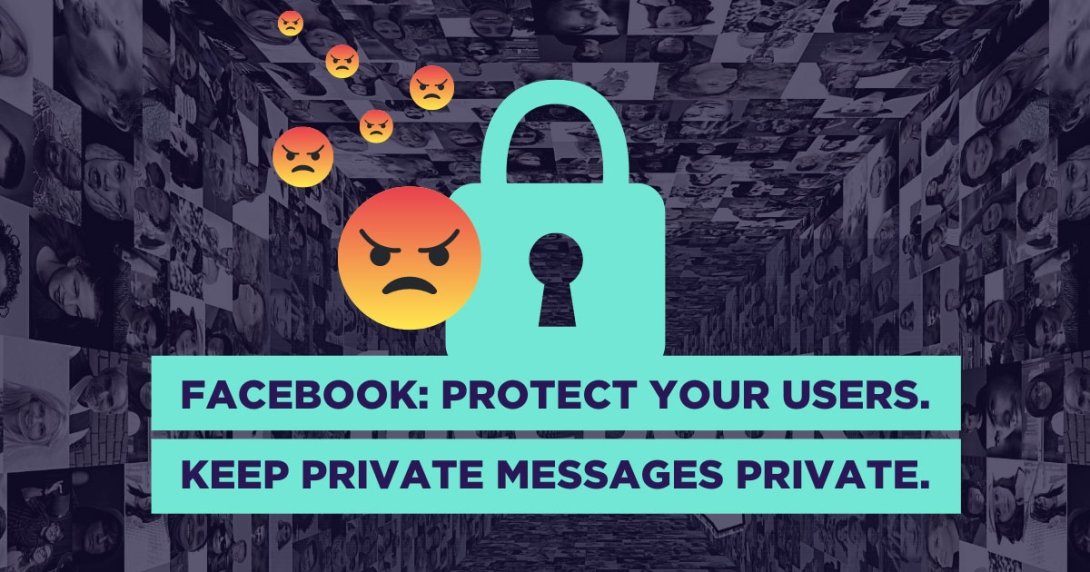Facebook Helped Arrest a 17-Year-Old for Having an Abortion

After the Supreme Court overturned Roe v. Wade, Mark Zuckerberg claimed that Facebook would protect user data for people seeking abortions.
In June, he insisted that the company’s encryption would protect people from “bad behavior or over-broad requests for information.”
But news just broke that the company gave Nebraska law enforcement access to a 17-year-old’s private Facebook messages — and now she’s being prosecuted for having an abortion.
A grim reality
In June, before Roe was overturned, Facebook gave the police department in Norfolk, Nebraska, access to private messages that Jessica Burgess and her 17-year-old daughter shared about how to obtain abortion pills. According to Motherboard, law enforcement sought information extending back to April 15. Burgess and her daughter have been charged with multiple felonies and misdemeanors, and the 17-year-old will be prosecuted as an adult.
Since the Supreme Court decision came down, we’ve been warning of the dangers hidden in the massive amounts of sensitive and personal data collected and retained by platforms like Facebook — and how it could be weaponized against people seeking reproductive health care.
Now we are seeing this threat turn into a grim reality.
Most people think that their private messages are just that: private. And they would be if Facebook and other platforms actually cared enough about their users to take all of the necessary steps to protect them.
End-to-end encryption of private messages makes it possible for people to communicate without third parties viewing their conversations. But while this type of protection exists, it’s not available or easy to use on all of Facebook’s products. And it isn’t the default on Messenger.
Companies like Facebook collect and store tons of personal data about users to sell to advertisers. The company shouldn’t retain so much sensitive data — and it should use encryption so that private messages stay private.
Facebook could have fought back
Legal experts told The Guardian that Facebook could have fought the warrant in court.
“Even if they lost, it would make it so slow and expensive for police to target this information that they’d likely seek it less often,” said Albert Fox Cahn, the founder of Surveillance Technology Oversight Project. “That seems like the least they can do when their own product flaws are leaving this data vulnerable to police searches in the first place.”
And tech companies have a history of standing up to dangerous government demands. Apple refused to comply with federal law-enforcement requests to break into an iPhone in 2016. And Facebook itself refused to comply with a wiretapping request for Messenger calls in 2018.
By limiting data collection and ensuring that private messages are actually kept private, Facebook can protect its users in a post-Roe world. That’s the only way to ensure that police can’t use this information for criminal prosecution of reproductive health care.
But Facebook won’t step up without major public pressure: Demand that Facebook protect its users and keep private messages private.